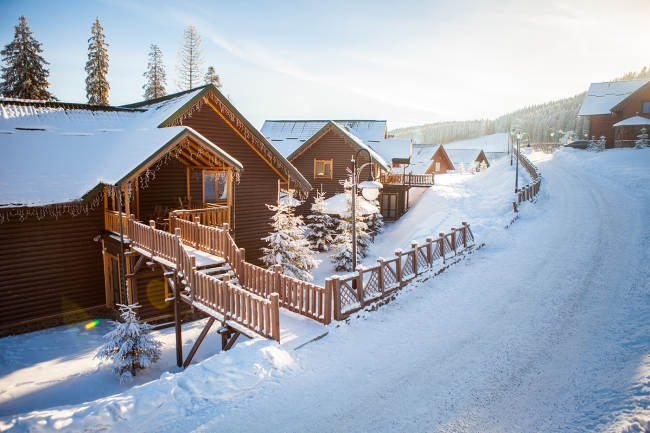Short-term Rental Market Overview
Over the past 15 years, short-term rentals, such as Airbnb and VRBO, have become an increasingly popular investments for property owners. In 2020, the COVID-19 pandemic led to an explosive need for short-term rentals, which led many investors to turn their sights and funds toward short-term rentals. As of 2024, Airbnb has over four million hosts, or property owners, and seven million global listings, as many hosts own more than one rental property. In recent years, the short-term rental market has exploded. The average number of short-term rentals in the US in 2022 was 1,278,254, a 20.5% increase from 2021 and 2023 saw an additional 11% increase up to 1,424,441 total rentals. In 2022, the average monthly rental income from Airbnb in Denver was $3,540, for a combined annual rental income of $42,480.
It was reported in 2023 that 30% of vacation property owners and 32% of investment property owners have expressed interest in renting their homes as short-term rentals. While interest and inventory for short-term rentals has drastically increased over recent years, residents of high-interest areas are voicing concerns over the impact they feel short-term rentals may have on their neighborhoods. As a result, many cities and counties have begun to institute restrictions and even bans in specific high-tourism and urban areas which affect the return-on-investment potential for short-term rental property owners.
Proposed Limits to Short-Term Rentals in Colorado
County Specific
Increased restrictions and bans on short-term rentals can be seen across the country, but below are some specific examples of proposed legislation that would impact Colorado short-term rental property owners.
Park County, Colorado, which includes popular towns such as Alma and Fairplay, has experienced an increase in short-term rentals. In 2021, the county passed an ordinance that property owners must obtain an annual license. Additionally, the tourist-filled ski region is considering limiting or eliminating short-term rental properties as issues of housing scarcity, increased pricing, and neighborhood disturbance have been called into question. While Park County faces decisions regarding this industry, many towns and counties across Colorado, as well as other parts of the country, are also weighing the decision between allowing a strong rental market to continue or impose hard limits.
Another Colorado county dealing with proposed regulations is Summit County, home to many iconic and popular ski towns such as Breckenridge, Frisco, and Keystone. In terms of Summit County’s property tax rates, it was proposed earlier this year to increase tax rates based on classifications between lodging and residential properties. If short-term rental properties are classified as lodging properties, due to being booked as a short-term rental for more than 90 days per year, then the tax would be four times the residential rate. This large discrepancy would make it difficult for these property owners to cover their operating expenses or receive any meaningful return on investment, hence reducing property being used in this way.
Colorado Senate Bills 33 & 2:
In Colorado, two proposed bills are set to address and revise guidelines regarding short-term rental properties. Senate Bill 2 proposes amendments to current law, allowing counties to offer property tax credits or rebates to promote specific uses of real property addressing local concerns to the use of real property. These concerns may include issues affecting residents’ health, safety, welfare, equity, housing access, and education. The bill would allow counties and cities to give tax breaks to properties that are used for mental health, childcare, and other areas of “specific local concern.” The bill defines an “area of specific local concern” as real property use that is diminishing or unavailable or deemed necessary for residents’ well-being.
While these bills are in review, the property owners of
